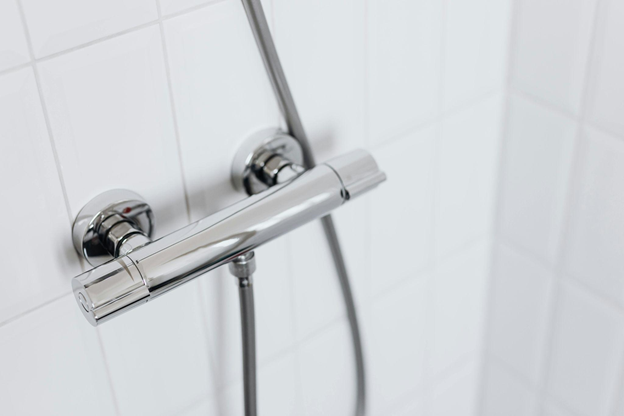The winter season can put a significant load on your heating and cooling systems. Mountains of snow and bone-chilling wind can lead to expensive repairs. Simple preventive measures, such as water heater inspection or pipe insulation, can save you time and money.
Here are five tips you should follow to enjoy a stress-free winter season:
Inspect Your Water Heater
There is nothing more inconvenient than your water heater breaking down in the middle of a cold winter night. A water heater inspection ensures safety, efficiency, and a longer lifespan. The chances of carbon monoxide buildup with a gas water heater system are incredibly high. Plumbing experts will check the carbon monoxide detector to ensure there are no safety hazards.
Sediments and mineral deposits can accumulate inside the water heater tank and reduce the heating efficiency. Avail inspection services to identify problem areas. This can lead to lowered utility bills and a comfortable environment. The average lifespan of a water heater is ten years, which can be extended with proper maintenance.
Seal Windows and Doors
During extreme weather conditions, your HVAC system has to work twice as hard as before to maintain optimal temperatures. One cost-effective way to cut heating costs during winters is sealing windows and doors. Well-sealed windows prevent energy loss and prevent moisture from entering indoors. There are several ways to seal windows and doors:
- Apply a bead of silicone caulk around the window frame to seal cracks and gaps.
- Hang thick, insulated curtains to trap heat inside the room.
- Apply plastic window insulation film.
- Place a draft stopper at the bottom of the door.
Air sealing is a long-lasting solution for a comfortable living environment during winter.
Call a Plumber for a Thorough Inspection
A thorough plumbing inspection ensures all components of your plumbing system are functioning optimally. Professional plumbers will:
- Identify signs of water damage.
- Identify leaky pipes.
- Fix worn out faucets, sinks, and showerheads.
- Check the water pressure.
- Use a video camera to inspect the sewer line.
- Look for signs of corrosion.
- Make sure the water heater is functioning properly.
By addressing issues early on, you can save yourself from hefty repair costs and potential structural damage during the season.
Insulate the Pipes
The efficiency of your plumbing system highly depends upon the quality of the pipes. The winter air can freeze the water inside the pipes. In many cases, these frozen pipes burst, leading to property damage. To avoid inconvenience, insulate your pipes. Other benefits of pipe insulation include:
- Consistent water damage.
- Minimize heat loss.
- Lowered surface temperatures.
- Reduced noise from the pipes.
Insulated pipes reduce heat loss, which can significantly lower your utility bills.
Check Smoke Alarms
The chances of indoor fires are higher in winter. Due to closed and insulated windows, they can quickly spread and cause irreversible damage. As winter approaches, take a moment to check the smoke alarms. Test their functionality and replace worn-out batteries. If your smoke detector is malfunctioning, replace it immediately.




